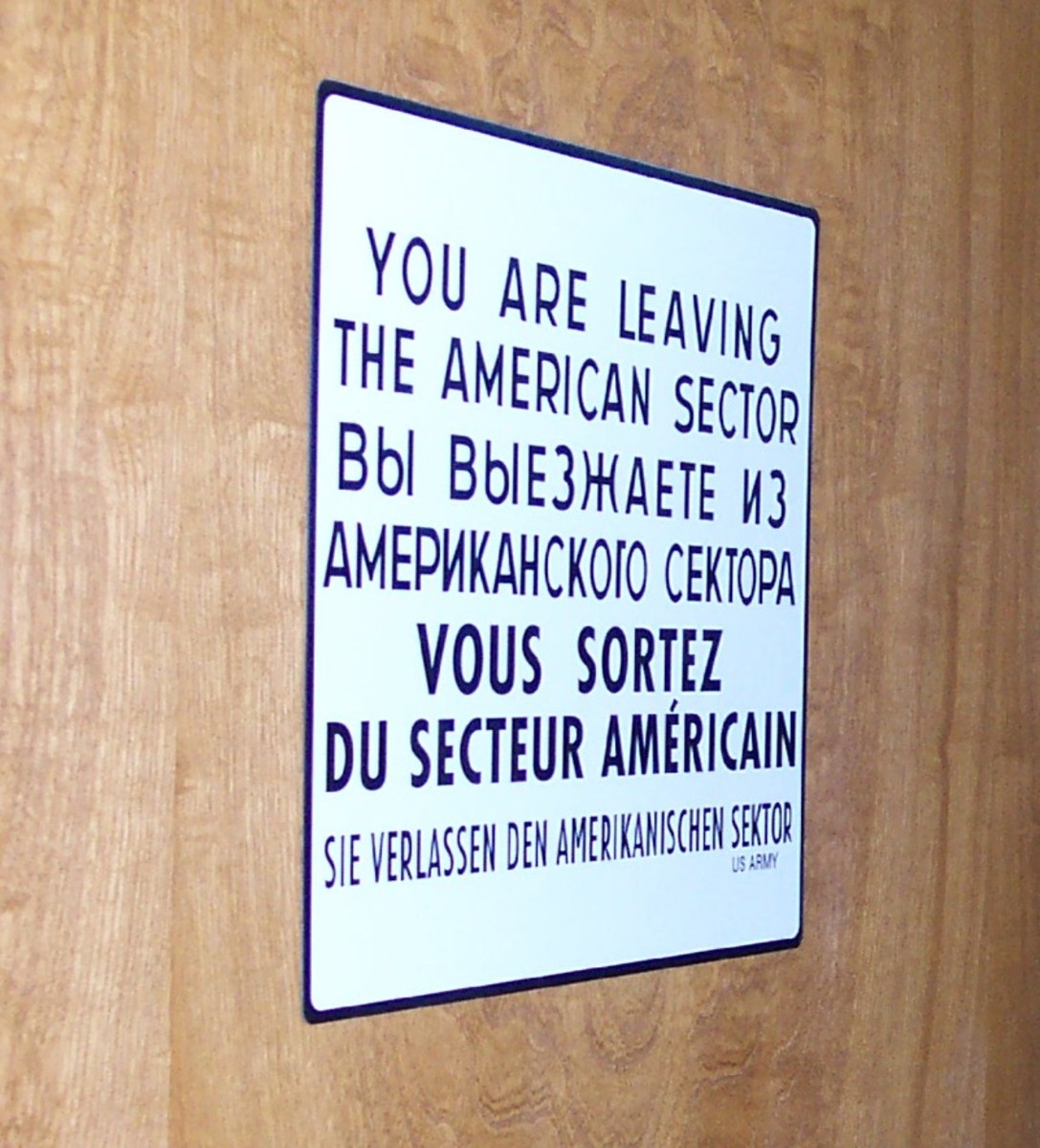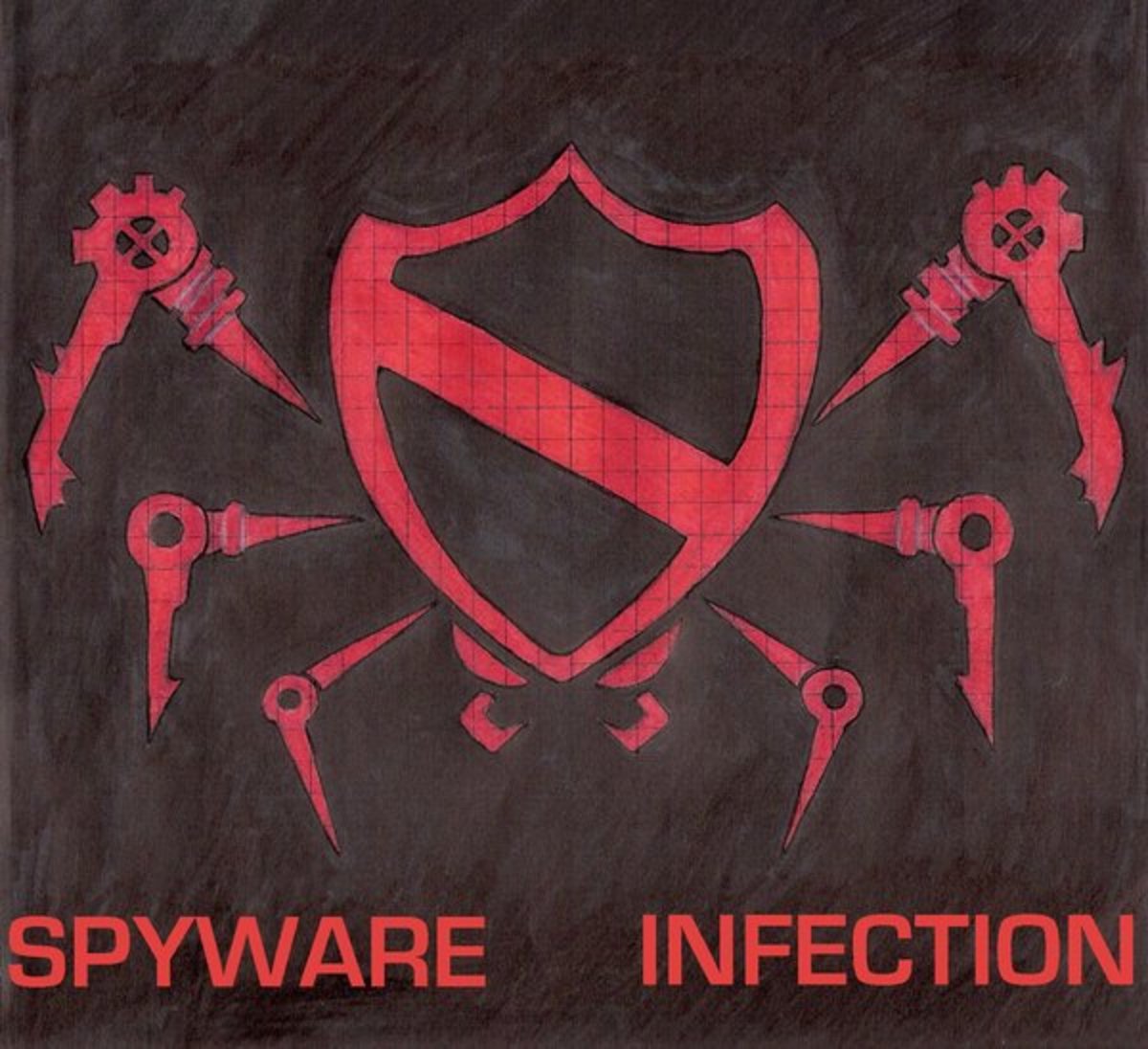The Price of Not Having SSL Certificates and Your Alternatives
Introduction
What does your website face if it does not have an SSL certificate? What are your options for securing an SSL certificate? How can you arrange for an SSL certificate quickly and cheaply?

The Price of Not Having an SSL Certificate
Google included SSL as a minor ranking factor of websites in 2014. In this regard, it already impacts your site’s SEO albeit slightly. Google is not yet downgrading websites that do not have an SSL certificate in the search engine results.
However, many browsers place warnings next to the search results stating that the site is not secure, deterring a large number of potential visitors from clicking on your link. This counter-acts your search engine optimization by discouraging those who see the link from choosing it.
Shopping cart abandonment rates exceed seventy percent, and a common reason for abandoning the purchase before clicking “buy” is concerns about security. Websites lose out on potential customers by failing to put security badges like “Paypal verified” or “Secured by McAfee” on their home page and shopping cart page.
You will lose a majority of buyers if the browser warns people that the site lacks a working SSL certificate, leaving their payment information vulnerable to theft. In the case of ecommerce sites and login pages, the price of not having an SSL certificate is lost business, because Google Chrome puts up a prominent warning that the site is not secure. Eventually, Google will roll this warning out to all sites and switch from an informational “not secure” message to big bold red warning “not secure”.
Your Options for Getting an SSL Certificate
Too many web hosting services do nothing more than provide a place to place your website. Hosting services that provide SSL certificates for your site often charge a premium for the privilege.
SSL certificates are often costly, and most of them take time to implement. These SSL certificates offer the secure digital handshake that search engines want to see on your website. Sites that process payments have long been willing to pay several hundred dollars a year or more for the SSL certificate, but smaller sites have long avoided this expense.
Let’s Encrypt offers free SSL certificates to the public, and it actually does so for free. This is the most affordable option for securing an SSL certificate, since there is neither an up-front purchase price nor ongoing maintenance fee. Let’s Encrypt SSL certificates are legitimate; they are free because they were developed by an open source nonprofit. A side benefit of the Let’s Encrypt certificate authority is the fact that it is automated, making it one of the simplest SSL certificate solutions available for implementation. There are many web hosts that let you install Lets Encrypt from the cPanel account; if your web host doesn't support Let's Encrypt for SSL, consider switching web hosting services. Unlike many other free SSL solutions, it is sponsored by Mozilla, the Electronic Freedom Foundation, Chrome and Shopify.
If your web host doesn’t support Lets Encrypt SSL being installed directly on your hosted website, you may be able to use SSL for Free to utilize a free SSL certificate. However, this approach requires access to the site’s FTP information, and you may need support from the web hosting service as well.






